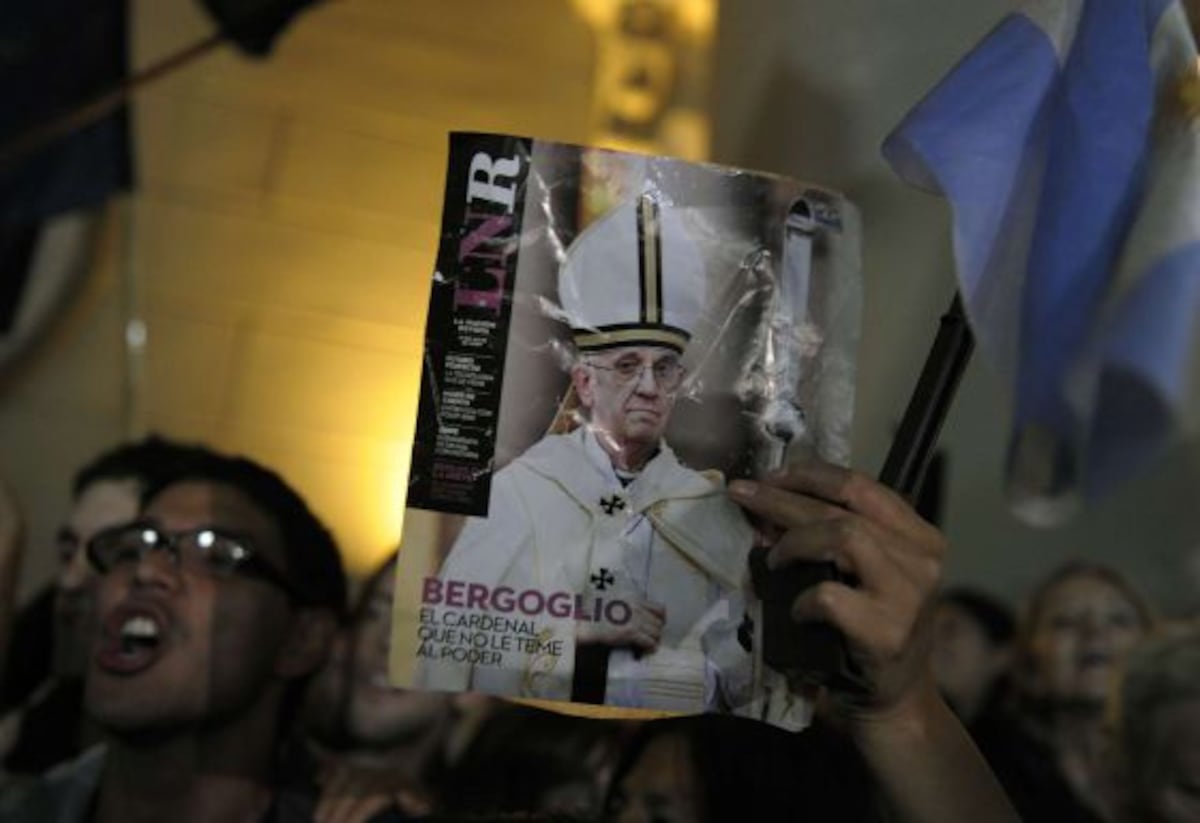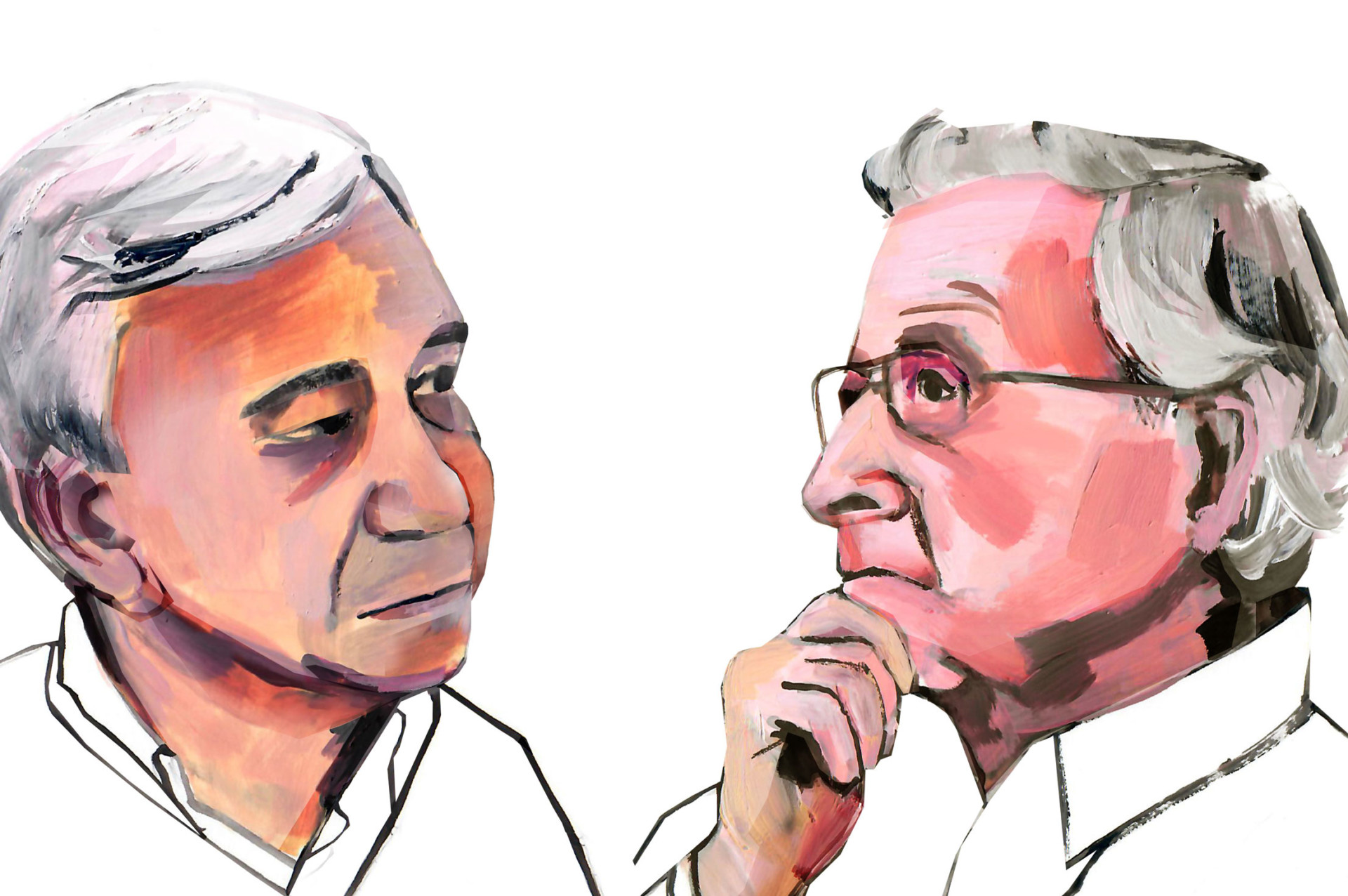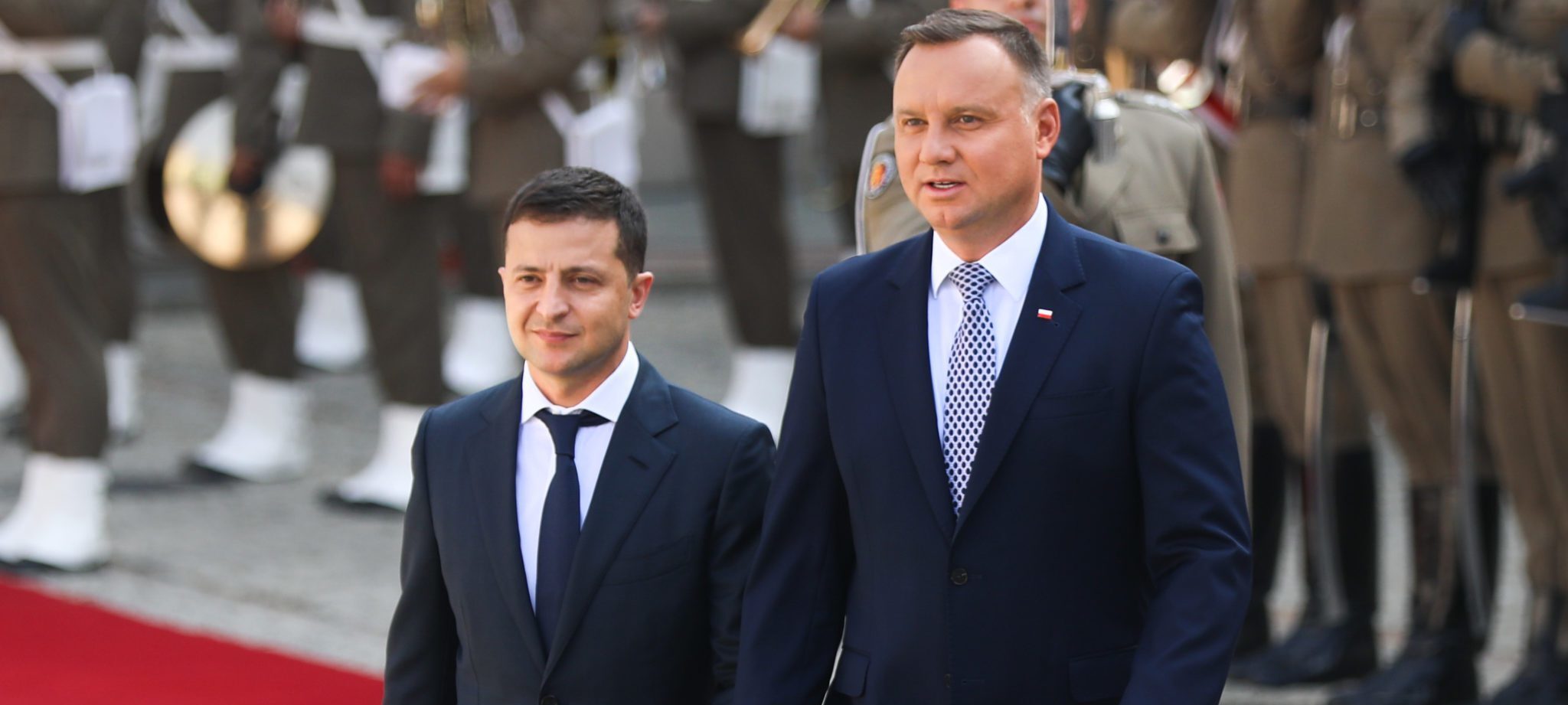Montuno
...como el Son...
Los estadounidenses que hablan de Europa siempre son divertidos.
View attachment 18126640 View attachment 18126641
Well, it's the same as the Ukrainian War: I don't like either side, but I dislike one of them even more than the other.
In my language, we would talk about leaving Guatemala, to enter Guatepeor...
What a pride for the French Republic...












 "stab him, stab him, gut him like a hog ! "
"stab him, stab him, gut him like a hog ! "
